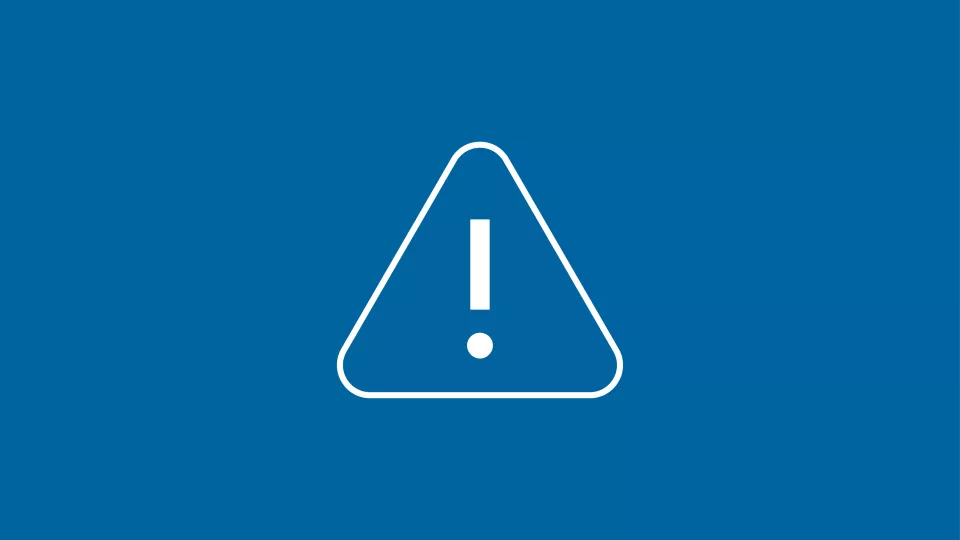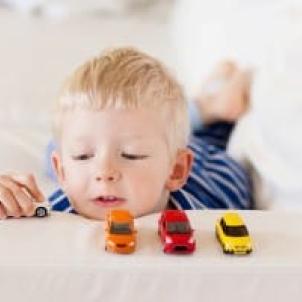Every year, children die from preventable toy-related injuries. The majority of toy-related deaths continue to be choking on small toy parts, such as marbles, balloons and small balls. And as many are in the search for the perfect toy to gift this holiday season, Alan Nager, MD, MHA, director of Emergency Medicine and Transport at Children’s Hospital Los Angeles, and California Public Interest Research Group (CALPIRG) say, "The perfect toy is a safe one."
While shopping this holiday season, keep in mind the three S’s:
SAFE
- Always read labels and follow age recommendations when buying toys.
- Under 3 years old: Choking is a leading cause in this age group, with coins and toys accounting for most non-food-related choking incidents.
- Ages 3-5: Fifty percent of toy-related injuries resulting in emergency department visits happen to children under 5 years of age. Because they are more active, toys should stand up to wear and tear.
- Age 6-12: Riding toys, such as non-motorized scooters and tricycles, are associated with more injuries than any other toy group. Remember to have your child use a helmet and protective safety gear.
- Toys intended for older children should be stored separately away from younger children.
- Be wary of labels that say “flame retardant/flame resistant” or “washable/hygienic” for fabric and stuffed toys.
SECURE
- Look for well-made toys by making sure pieces do not easily fall off or the stitching is secure and not loose.
- Check toys regularly for damages that could create hazards.
- Avoid toys with sharp edges, such as glass or metal.
- Be aware of potential dangers, like small parts, cords and strings, flying parts, electrical toys, magnets and balloons.
- Toys that produce loud noises can injure a child’s hearing and should not be used.
SUPERVISE
- Watch your children while they play.
- Make sure they are playing with toys the way they were intended.
- Do not allow riding toys near stairs, windows, foot/car traffic or swimming pools.
- Teach children to put away toys after playing.
Other Tips
- Parents and caregivers should watch out for recalled toys in their homes as well as on online stores.
- A child’s airway is the size of their own finger. Small pieces on toys, such as wheels or magnets, should be avoided to prevent choking. To see if any toy parts are choking hazards, a simple test can be done at home by seeing if it can fit into a toilet paper roll.



